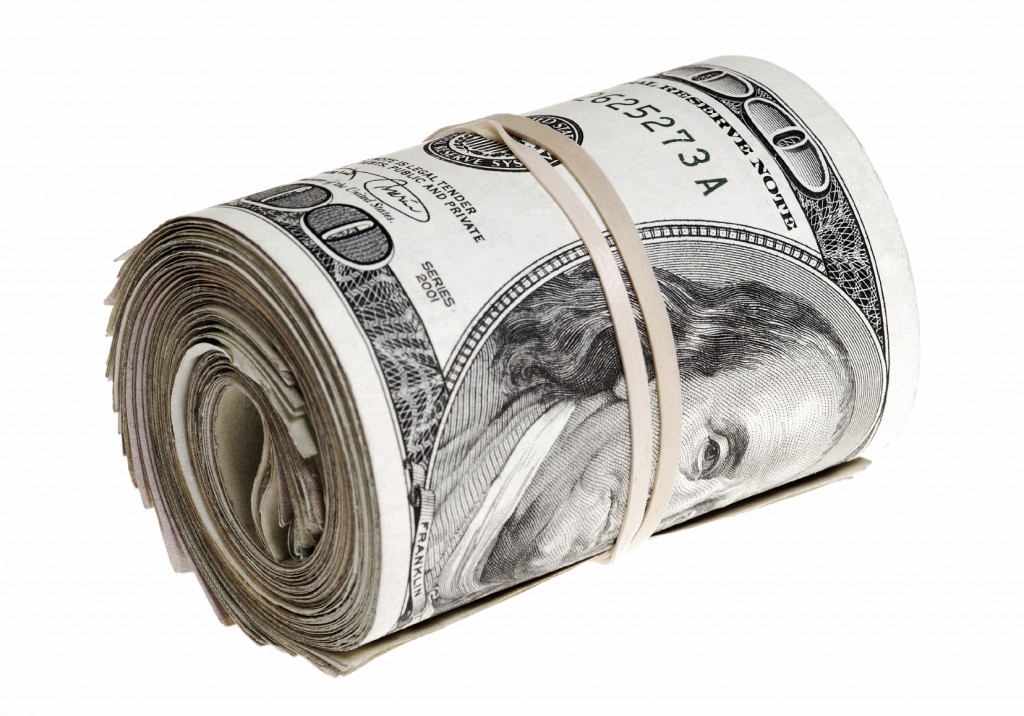Over 20 years of legal experience
Calabasas Embezzlement Lawyer
Embezzlement is a crime of theft, but requires that a person be in a trust or fiduciary relationship with the victim from whom funds or property, which the accused has been entrusted with, is taken and unlawfully converted to the accused’s own use.

The offense normally occurs in an employment context. The property taken is actually in the legal possession of the defendant but the crime is committed when the property or funds are misappropriated. It is not a defense if you intended to return the money or property.
An embezzlement conviction could subject you to a felony, or at least a criminal record, that can seriously hinder your efforts to find employment, housing, student loans, or pursue other opportunities. Contact criminal defense attorney James E. Silverstein if you face embezzlement charges.
ELEMENTS OF EMBEZZLEMENT
To constitute the crime of embezzlement, there are generally three elements that must be met:
- The defendant was in a trust relationship with the victim
- As a result of that relationship, the defendant legally possessed certain property for the benefit of the victim or was entrusted with it
- The defendant had the intent to fraudulently convert the funds or property to his or her own use
RELATIONSHIP
Some examples of a trust relationship include doctor/patient, lawyer/client, accountant/client, bookkeeper/employer, and even a cashier. A cashier can legally possess money and is entrusted with it, but commits embezzlement if he or she pockets money intended for the employer.
PROPERTY
The property embezzled can be money, land, stocks, clothing, or merchandise, or any other personal property.
A store employee who takes items he or she has been entrusted with can commit embezzlement, as can someone who diverts funds from one account to another. A building contractor who accepts funds and then fails to complete the work could be guilty of embezzlement as well.
Another example is that of a tenant who sells appliances or furniture the landlord has supplied for the tenant’s use. Also, a parking valet could be guilty of embezzlement if the car you leave for him or her to park is used by the valet for a joyride.
PENALTIES
Like most theft crimes, embezzlement can be charged as either a misdemeanor or as a felony depending upon the value of the property misappropriated. It may also depend upon the defendant’s criminal history.
If the funds or property embezzled was of minimal value, usually around $50 or less, the prosecutor may only charge the defendant with an infraction, which consists only of a fine and no criminal record or repercussions.
Misdemeanor offenses mean that any jail time does not exceed one year. As a felony, a defendant typically faces several months to several years in state prison along with a substantial fine.
Only an experienced criminal defense attorney who has handled embezzlement cases can ensure that your case has the professional representation you deserve. Contact James E. Silverstein for a free consultation today.




